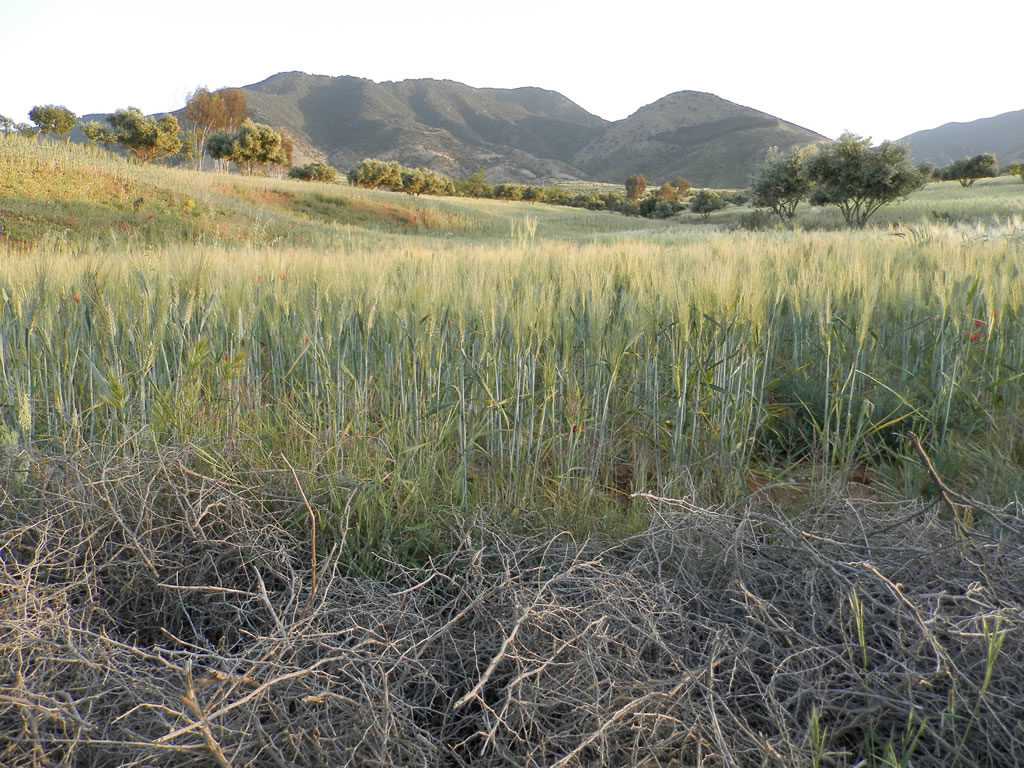
US Farmers Fear Losses in the Japanese Market

The 11-member TPP will begin on December 30, at which point Tokyo will begin cutting tariffs and easing quotas on products sold by Canada, Australia, New Zealand, and Chile, America’s biggest competitors in the agricultural industry, according to the WSJ.
The WSJ reports that President Trump exited the TPP last year, saying that the agreement would have loosened restrictions on U.S. imports of autos and auto parts, intensifying competition with low-wage Asian nations and harming American manufacturers and workers.
On February 1, Tokyo will implement the EUJEPA, which will offer similar tariff breaks for 28 other countries, including France, Spain, Italy, and the Netherlands.
The WSJ cites the Trump administration’s Agriculture Department’s May report as saying that this push for free trade “threatens to cut into U.S. market share and depress profits for U.S. agricultural exporters by granting preferential access to international competitors.”
Vince Peterson, head of U.S. Wheat Associates, said, “Japan is our largest, most reliable, and valuable market,” according to the WSJ, which reported that Japan buys about half its imported wheat from Americans.
In anews releasefrom U.S. Wheat Associates, Peterson said, "U.S. wheat farmers and Japan’s flour milling industry hope that we can maintain provisional equivalence for U.S. wheat imports while our two countries conduct ongoing, good faith negotiations. And we urge the Administration to act quickly to save our market in Japan.”
The U.S. Meat Export Federation estimated that Japan’s new trade agreements will cause annual losses in beef and pork exports of more than $1 billion within five years, according to the WSJ.
The WSJ further reports that negotiations between the Trump Administration and Japan, looking to secure a free-trade agreement for the U.S., are not scheduled to start for weeks.

The editorial team at WholeFoods Magazine has decades of experiences reporting on natural products industry news, trends, and more. This national, monthly business-to-business magazine has been published continuously for nearly 40 years (the magazine was founded in 1977, and has been owned by Wainer Finest Communications since 1984). It is the longest-tenured media outlet of its kind in the natural products industry. The editorial focus at WholeFoods Magazine is, and always has been, on informing and educating members of the natural products industry.
The Magazine
Information
About Us
NOTE: WholeFoods Magazine is a business-to-business publication. Information on this site should not be considered medical advice or a way to diagnose or treat any disease or illness. Always seek the advice of a medical professional before making lifestyle changes, including taking a dietary supplement. The opinions expressed by contributors and experts quoted in articles are not necessarily those of the publisher or editors of WholeFoods.







